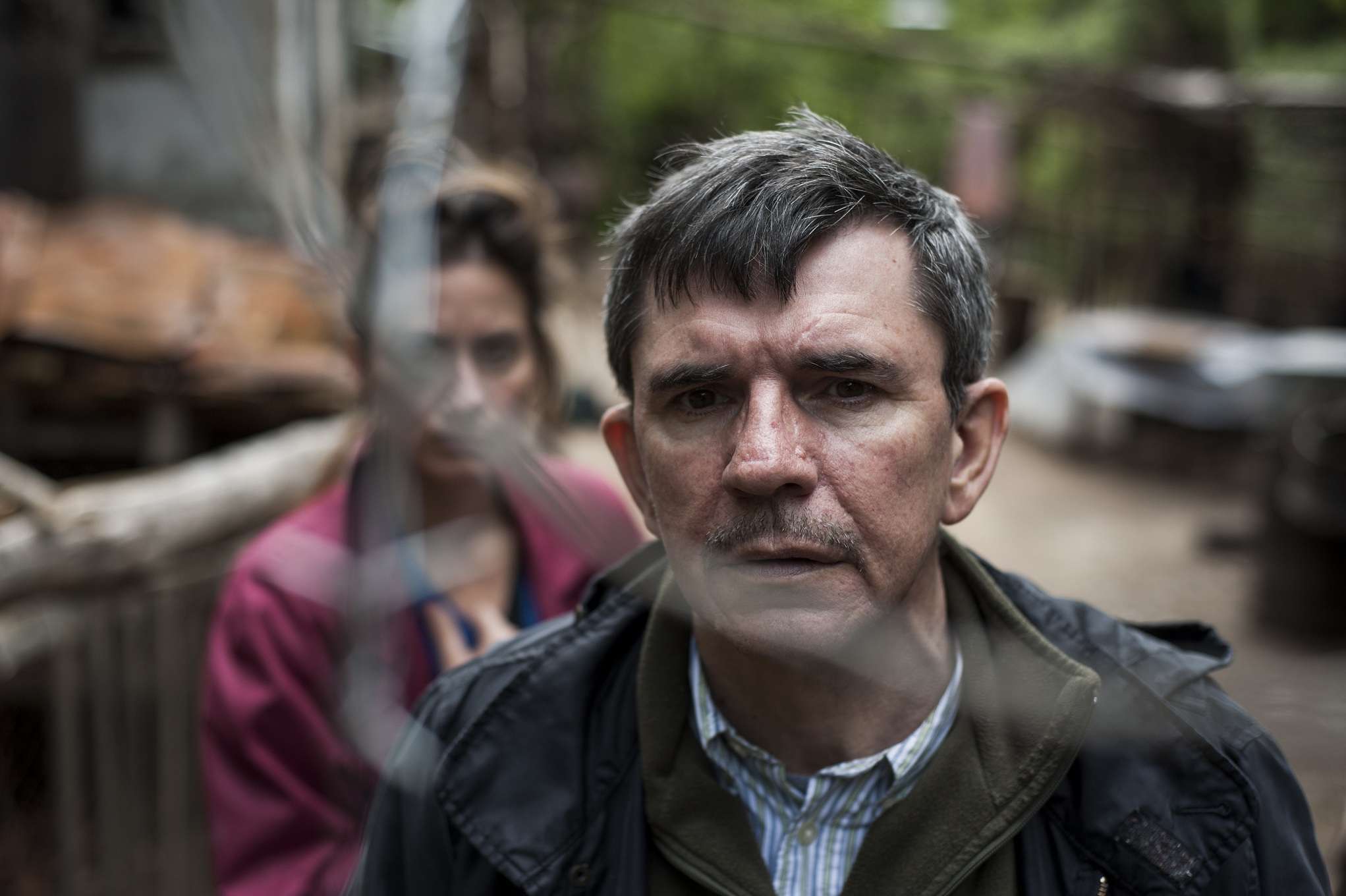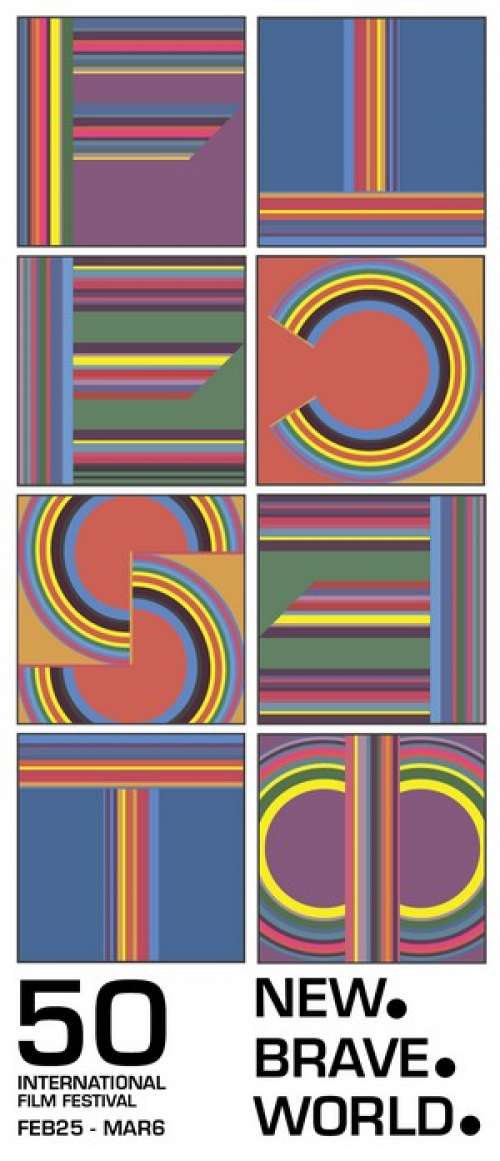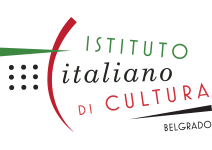Due to the great interest of the audience, at the very end of the preparations for the beginning of the Festival, the organizers of FEST released additional tickets for all halls and all screenings. Therefore, if you have not chosen what to see so far, here is what you should not miss at FEST.
Among the films that are truly worth seeing at the 50th FEST, Jugoslav Pantelić, the artistic director of the Festival, singles out these five films:
The day after the opening of the Festival, the audience will have the opportunity to see the new film adaptation of the famous work of Thomas Mann ‘Confessions of Felix Krull’ (Bekenntnisse des Hochstaplers Felix Krull). What it looks like when Jannis Niewöhner, one of the most important actors in the German-speaking world, revives the timeless Felix Krul is something that should not be missed. The film has only three screenings and will certainly not be purchased for showing in Serbia, I doubt that any editor of the film programme will show that level of understanding for this film. Unfortunately, as for many other films.
Films that come from the so-called small cinemas are something that should be paid attention to at festivals, because it is a unique opportunity to get acquainted with what is happening in Kazakhstani film, for example - where does the exceptional film ‘Sunflower’ come from, starring our marvelous Sloboda Mićalović, who also appears in the film ‘The Game’, which is an American-Serbian co-production and which is shown in the Fest Focus programme. The film is about the refugee crisis, just like the film we are opening this year's FEST with (‘As Far as I Can Walk’).
Goran Nikolić is also competing in the FEST Focus programme with the film ‘Heroes’. It is his feature debut starring the exceptional Mladen Sovilj. This film takes us back to Kosovo in the 14th century, immediately after the end of the Battle of Kosovo. Kosovo is a frequent theme at this year's FEST, just like the refugee crisis. In addition to the film ‘Heroes’, and the film ‘Waiting for Handke’ by Goran Radovanović, a laureate from two years ago, takes us to Hoča, a Kosovo village, where the inhabitants of a small town expect a great writer with whom they have a special relationship. The film ‘Darkling’ by Dušan Milić (premiere on February 26, at 7.30 p.m. in the Kombank Hall) takes us back to the time immediately after the pogrom in Kosovo and Metohija and tells a tense story about the fate of people living in fear, and in a Carpenter way,’ said the artistic director of FEST.
Pantelić believes that there will always be viewers who can boast that they have found something superb that many others missed:
‘When we have a large number of films on offer, it is inevitable that some titles that are not loudly announced are brilliant. These are usually not the award-winning films, or it is not about a well-known filmmaker or it is about films coming from smaller cinemas, that are off the radar and only the most persistent and the most interested film lovers can decide to see them’, says Pantelić.
The Belgrade audience has the best possible festival at the moment, both for the FEST audience and for the guests staying in Belgrade during the Festival.
‘It has never been easy to make a big festival, neither 50 years ago nor 20 years ago, nor 30 years ago, not even this year. Of course, the pandemic does leave its mark, no matter how much we managed to hold the 2020 and 2021 festivals as well as this year without any problems. The current situation is mostly reflected in the arrival of guests. Last year, the situation was much more serious, it seems. However, this year we managed to overcome that as well. People travel more, therefore we expect an impressive number of film professionals, film representatives who primarily compete for the Belgrade Victor, but also those who will present films in other FEST programmes. Certainly, these are extraordinary circumstances, even though the programme of the Festival does not suggest that. I believe we are offering programmes that in no way can make viewers think that the global pandemic has affected the preparations for this Festival, because now that we look at the result, it has not.
The artistic director of the Festival explains how much the global circumstances of the so-called new normality have changed film art and production.
- Although we are not aware of that as witnesses, the pandemic did have an impact in a visible and, at first glance, invisible way. Those years of isolation that the inhabitants of certain parts of the world carried out in various ways influenced the creation of many new stories, as well as some long-written stories to be corrected and make relevant, if not at first glance, then through a metaphor, therefore, it is a question that it can penetrate some very deep fields. In some seemingly serious stories, we can recognize some depths that we can absolutely connect with the situation that has arisen in recent years, although we can only confirm all this by talking to the filmmakers. However, I recognize and think that the migrant crisis and the pandemic and all the challenges that life imposes in the 21st century are present in films that come from our region as well as from Europe and the world. Artists continue to be inspired by reality and it will be so and it has always been so.









